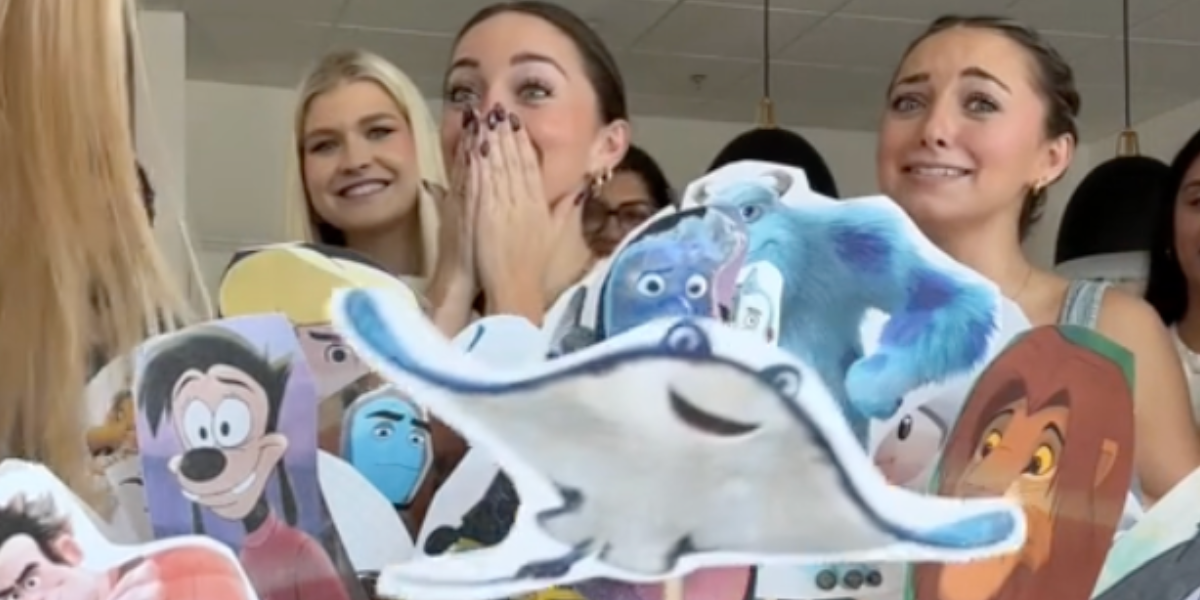 A new study published in The Journal of Social Psychology examines subtle homophobia in the classroom. The study, conducted by professors at the University of Houston, surveyed 622 undergraduate students to find how sexual orientation, gender and political ideology intersect when opinions are formed about professors. Unlike its obnoxious older sister, subtle prejudice masquerades as egalitarianism and can be easy to dismiss. Using similar studies that tested racial discrimination, the authors set out to uncover how subtle prejudice operates, specifically looking to see if students who held anti-gay feelings used typographical errors and political ideology as excuses to malign the professor.
A new study published in The Journal of Social Psychology examines subtle homophobia in the classroom. The study, conducted by professors at the University of Houston, surveyed 622 undergraduate students to find how sexual orientation, gender and political ideology intersect when opinions are formed about professors. Unlike its obnoxious older sister, subtle prejudice masquerades as egalitarianism and can be easy to dismiss. Using similar studies that tested racial discrimination, the authors set out to uncover how subtle prejudice operates, specifically looking to see if students who held anti-gay feelings used typographical errors and political ideology as excuses to malign the professor.
Each student was provided with one variation on the same syllabus for a course called “Psychology of Human Sexuality.” Syllabi differed by gender (marked by pronouns and gendered names), sexual orientation (identified by membership in professional organizations and family details) and political ideology (conveyed in tone about sexuality), as well as the presence or absence of typographical errors. They were then asked to respond to a questionnaire regarding the professor’s knowledge, warmth and bias.
In a second study, students were further divided on homonegative and modern homonegative scales to see if more pronounced differences arose. If, like me, you weren’t sure what these two scales mean, here’s a quick primer from the article:
“Like modern racism, which regards racism as a thing of the past and presumes that African Americans would succeed if they just tried harder (McConahay, 1986), modern homonegativity rejects lesbians and gay men on the grounds that they attempt to obtain special privileges because of their orientation, or because it is believed that they flaunt their sexuality. Modern homonegativity emphasizes the social importance of assimilation on the parts of lesbians and gay men, rather than all-out rejection.”
The researchers found that students viewed gay professors as more biased than their straight counterparts. While this isn’t really unexpected, not all the study’s findings were so predictable. Conservative gay men were viewed to be more biased than liberal gay men while liberal lesbians were seen as more biased than conservative lesbians. Straight professors, on the other hand, received no different bias assessment according to their political leanings. Homonegative and modern homonegative students were less interested in taking the course regardless of the professor. Because I know you all love grammar, you’ll be happy to know that typos were universally reviled.
In an email from Kristin Anderson, one of the authors, she said that the study “raises questions about the ability of some students to learn from minority professors. Even when there is no evidence of bias, students believe that minorities bring political baggage into the classroom, whereas whites, men and heterosexuals bring with them the cool heads of objectivity.”
The belief that individuals who belong to unmarked majorities are more objective is one of the trademarks of subtle prejudice. The fact that Judge Walker’s ability to rule on Prop 8 was called into question illustrates just how pervasive and problematic this type of discrimination can be. On a more day-to-day level, maybe you can relate to having your participation or concern written off for being “too emotional” or “too personally invested” in an issue. The reality is that when it comes to social change, there’s a place for everyone who wants in, not just the heroic, objective [fill-in-the-blank majority member] father figure looking out for the underprivileged.
Acknowledging that subtle discrimination exists is the first step toward dismantling it. Unfortunately, it can be difficult to get someone on board with an idea that requires them to question their assumption that our society is thoroughly equal. Perhaps, through knowledge uncovered in studies like this one, one day we can become that society.







